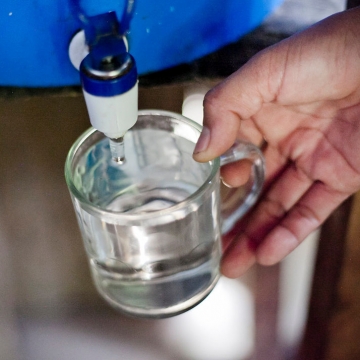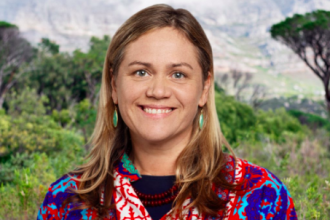Resource Scarcity Can Help Improve Local Cooperation
This study examines the effect of long-term resource scarcity on cooperation, measured by both the irrigation management practices and a lab-in-the-field experiment. We find that greater water scarcity not only leads to better irrigation management practices and outcomes, but also fosters a stronger norm of cooperation among villagers. Our findings imply that, when facing the pressure of increasing scarcity, it is possible for local people to cooperate and provide effective collective action in resource management.



